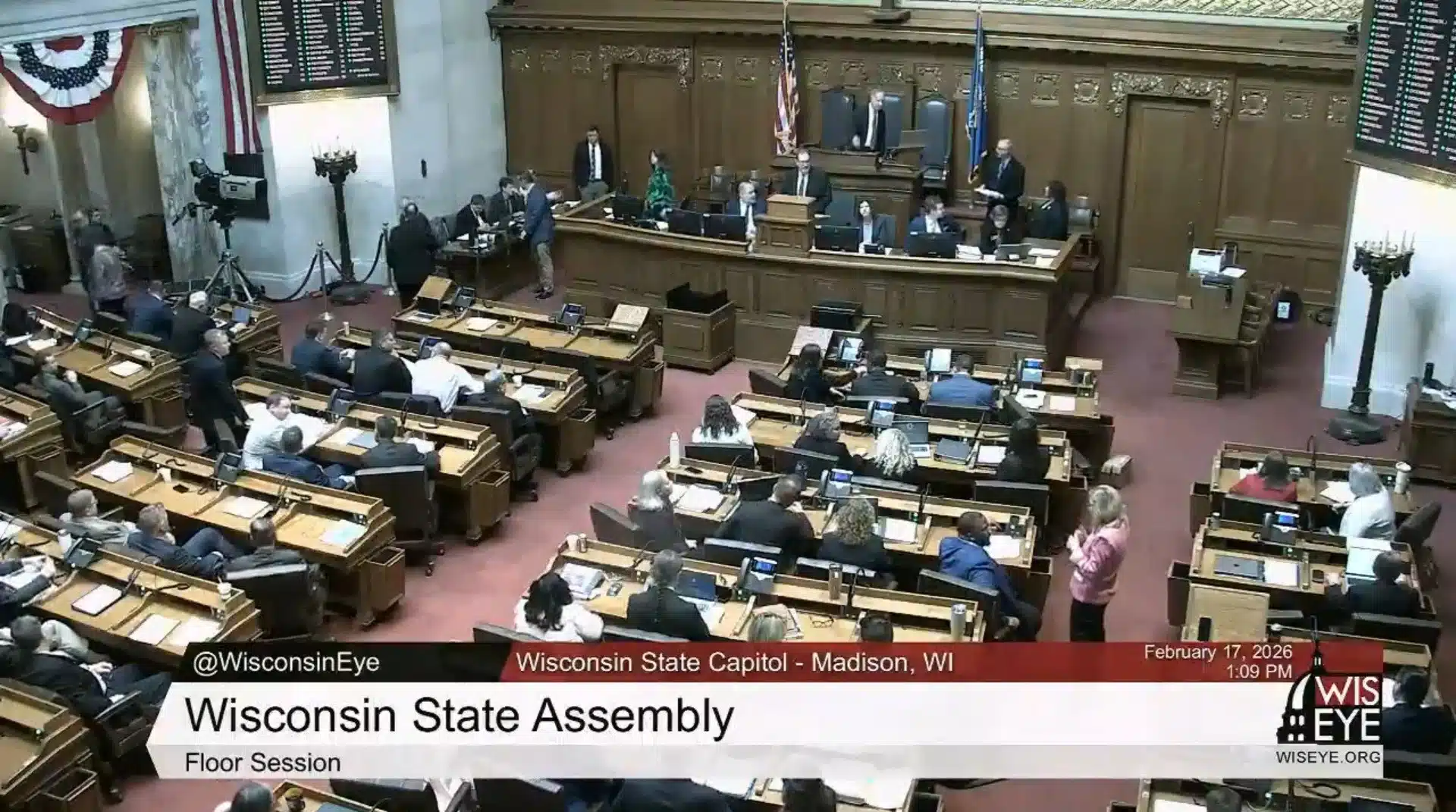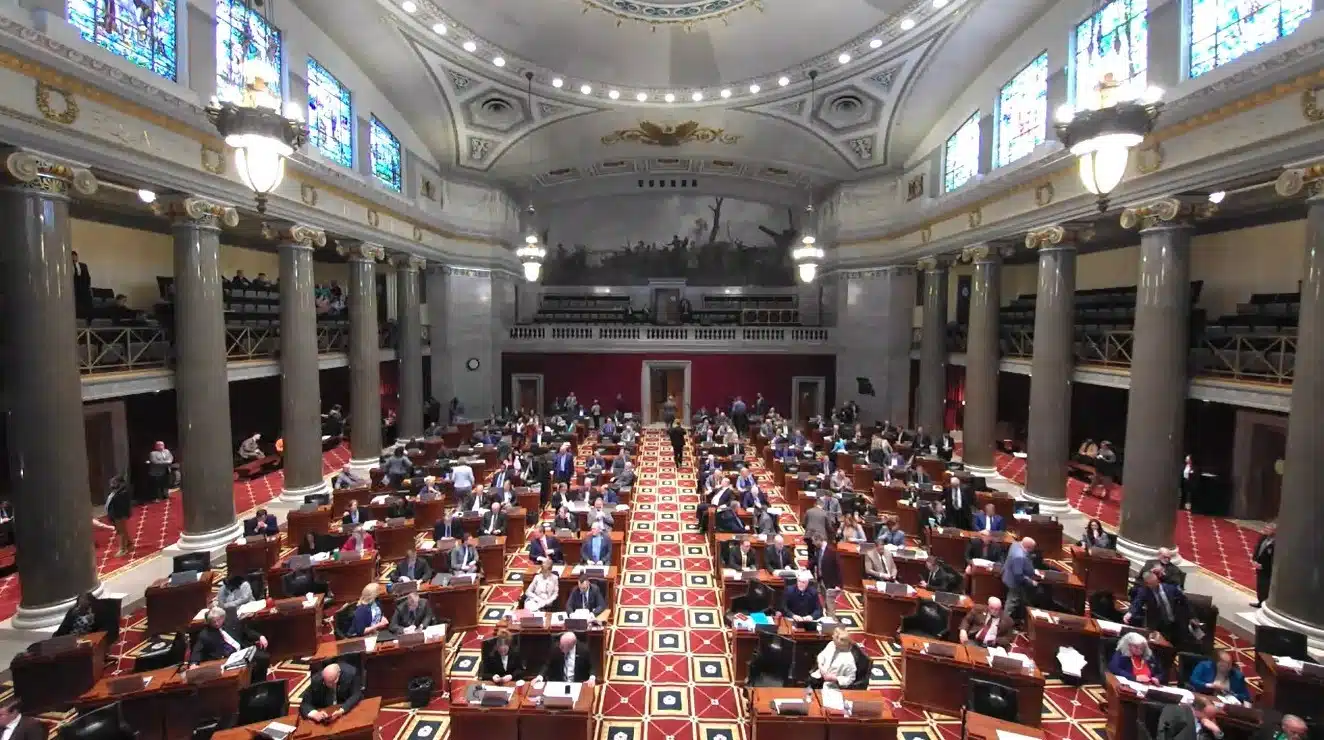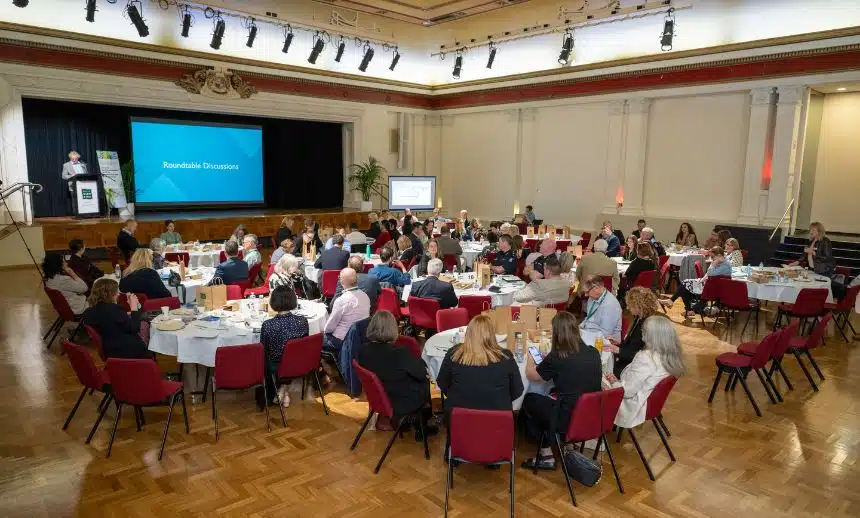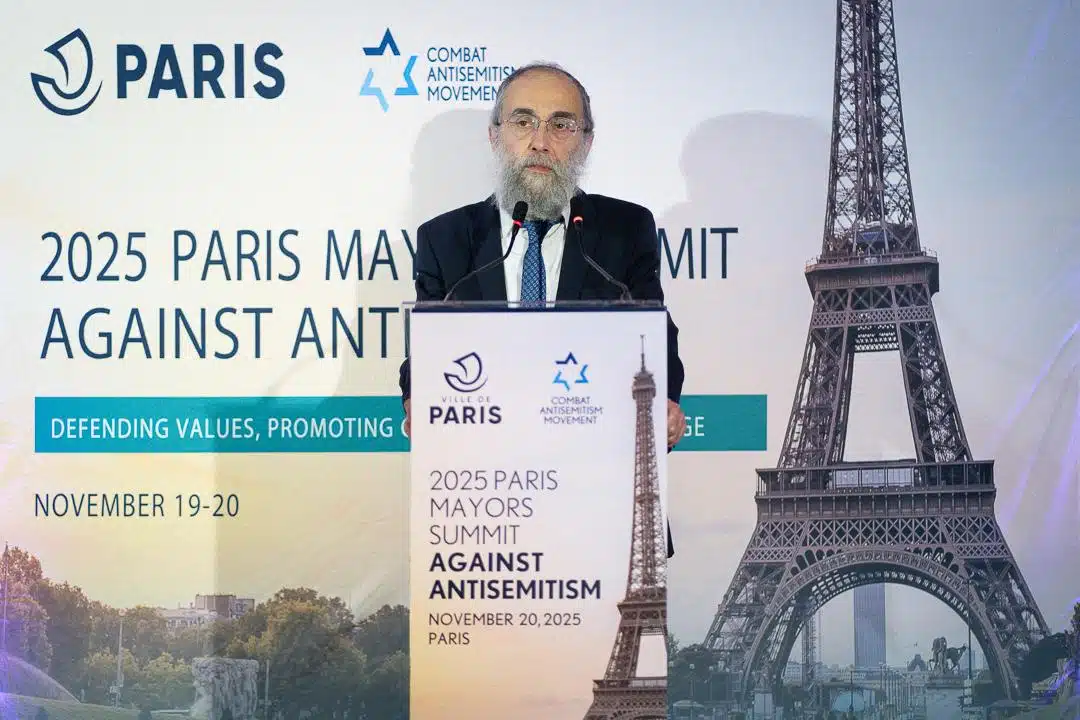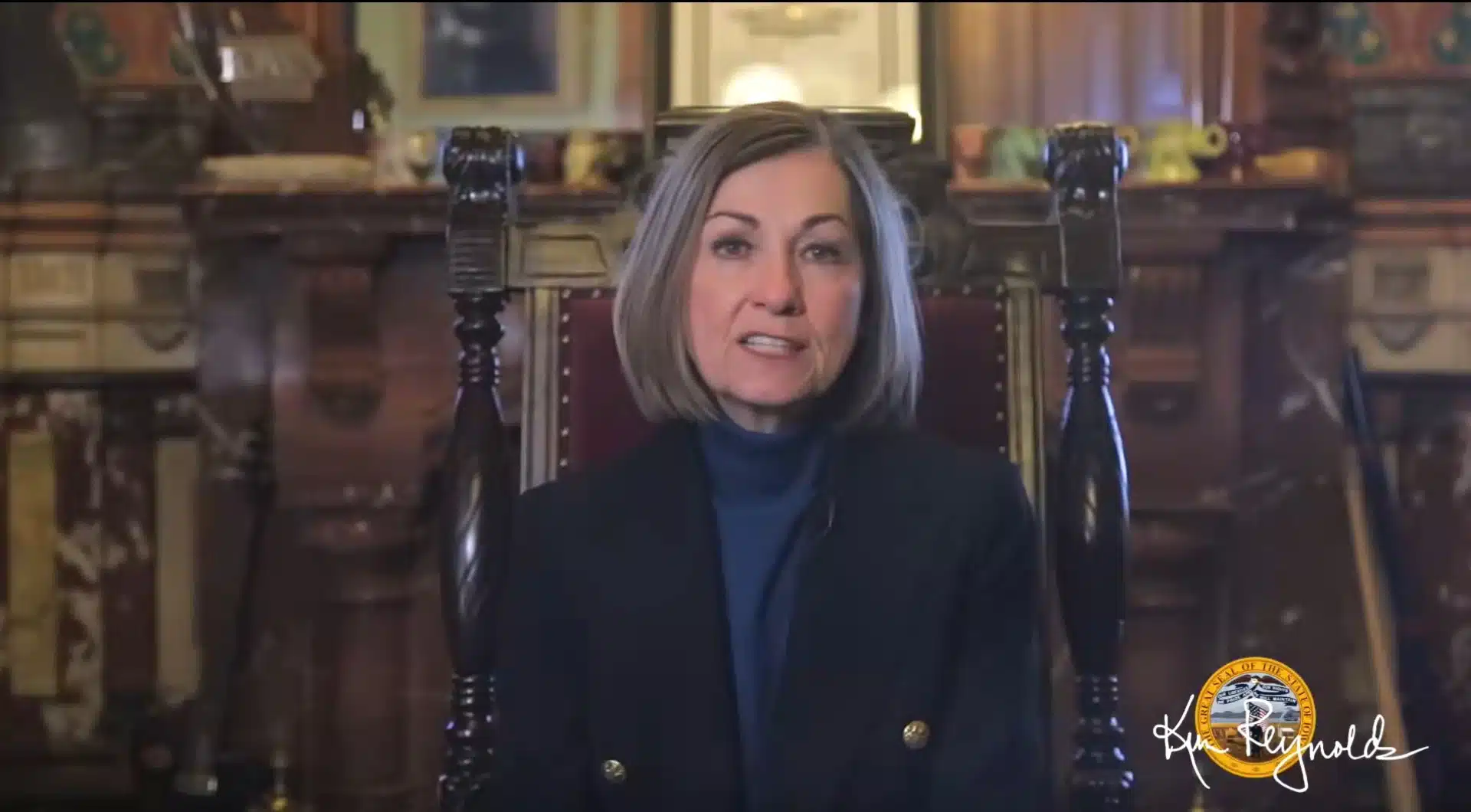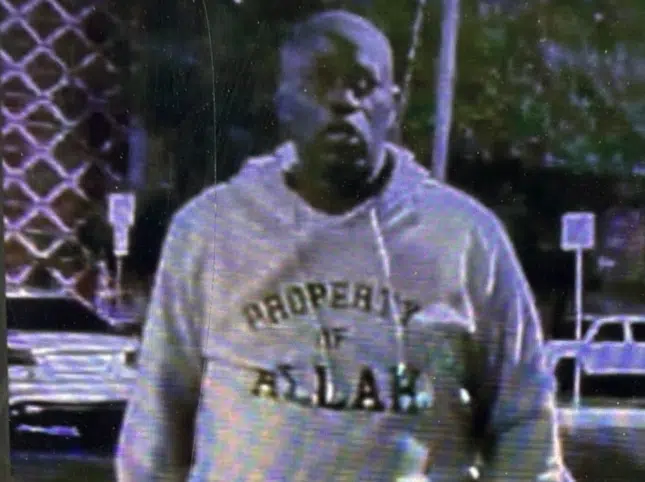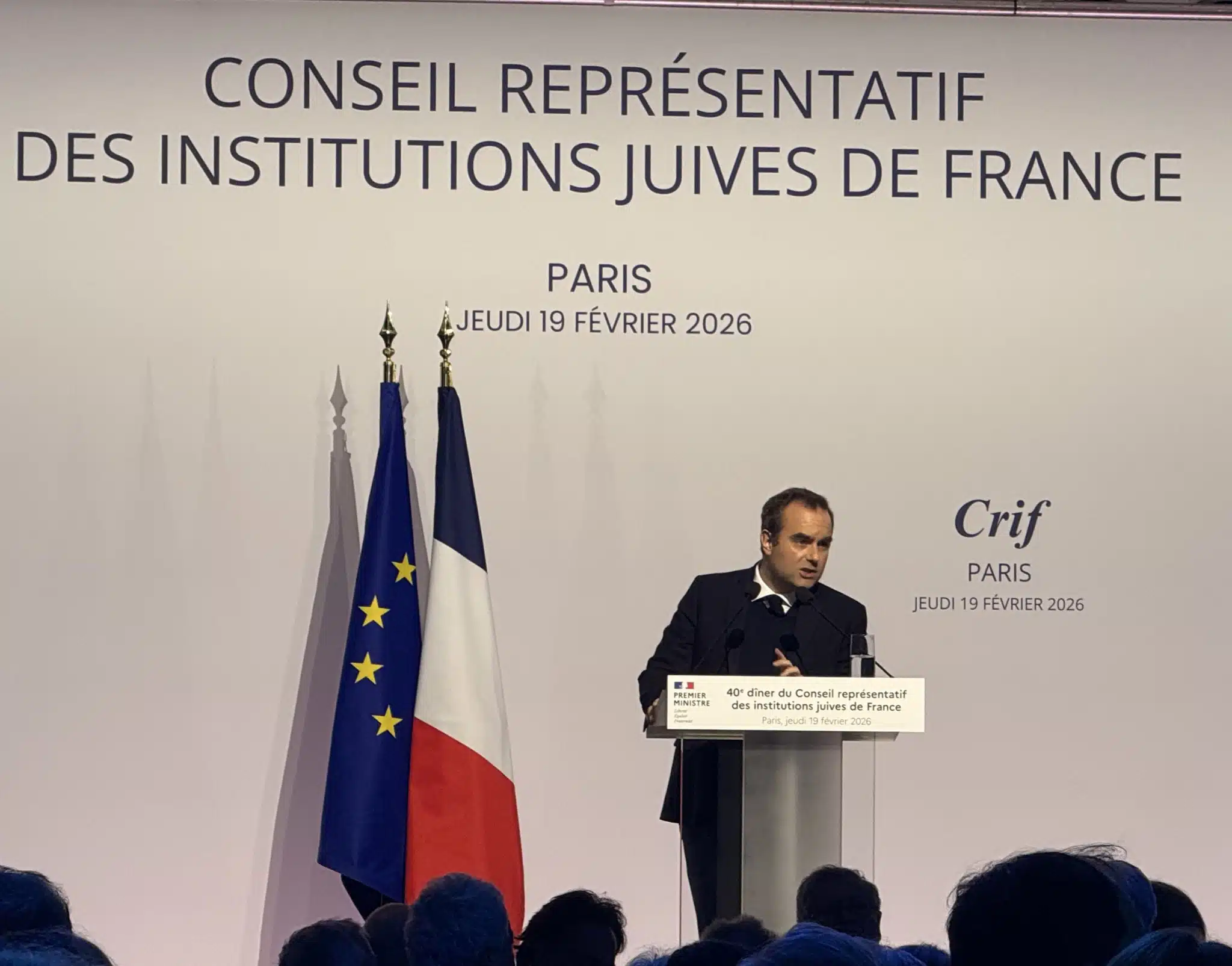
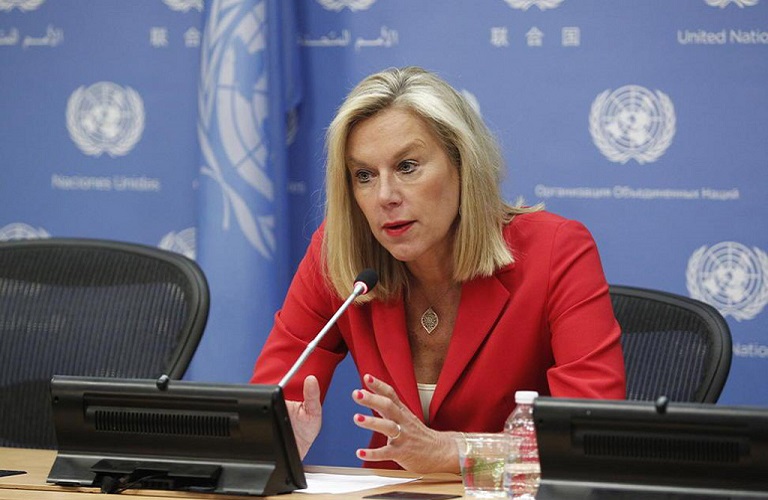
The Netherlands Becomes Second EU Country to Announce Boycott of Antisemitic Durban IV Conference
The Netherlands is the latest country to announce a boycott of the twentieth anniversary event, or “Durban IV,” of the adoption of the Durban Declaration and Programme of Action at the United Nations in September, highlighting the conference’s history of antisemitism. The Netherlands is the second European Union country to boycott of the event.
In 2001 the United Nations convened The World Conference Against Racism, Racial Discrimination, Xenophobia, and Related Intolerance (WCAR), in Durban, South Africa. The event, better known as the Durban Conference, was meant to be “a landmark in the struggle to eradicate all forms of racism.” The speeches and resolutions at Durban largely ignored the issues for which the conference was ostensibly called and instead focused on branding Israel’s anti-terror policies as “war crimes” and “violations of international law.”
The event proved to be a breeding ground for antisemitism, where antisemitic documents, including the notorious forgery The Protocols of the Elders of Zion, were distributed. Additionally, the WCAR popularized the accusation of apartheid against Israel and the libel that Zionism is racism.
In September 2021, the UN General Assembly will bring together world leaders for a one-day meeting in New York to mark the twentieth anniversary of the adoption of the Durban Declaration and Programme of Action at the original conference in South Africa in 2001.
Despite attending the original Durban conference and voting for the resolution to create the Durban 2 conference, the Netherlands has boycotted follow up Durban conferences in the years since its attendance at the original conference in 2001. The Netherlands has also consistently voted against resolutions to fund and promote the Durban Declaration.
Dutch Foreign Minister Sigrid Agnes Maria Kaag announced the decision in response to questions from parliamentarians Kees van der Staaij (SGP) and Gert-Jan Segers (ChristenUnie). The two members of parliament had approached Kaag with a letter from the Centrum Informatie en Documentatie Israel (CIDI), a Dutch antisemitism watchdog group and relayed the letter to the minister.
The letter referenced the past Durban conferences and the antisemitic fomentation that occurred, mentioning “pamphlets that were distributed with cartoons depicting Jews with hook noses and money… and demonstration signs that read ‘Hitler should have finished the job.’” Jewish human rights activists present at the original Durban conference were shouted at by participants saying that ‘they were not people,’ according to the CIDI’s letter.
CIDI pointed out that the conference is no longer a diplomatic event, but rather has turned into a platform for hatred by stating, “A clear announcement of absence from Durban IV will send a strong signal that the Netherlands is really distancing itself from the rabid Israel obsession at the UN and also does not tolerate antisemitism and hatred within United Nations forums.”
Kaag responded to the letter by staying, “The Netherlands will not participate in the Durban IV meeting, in view of the historical burden of the Durban process, the risk of repetition of abuse of this platform for antisemitic expressions and the disproportionate and one-sided attention to Israel as reflected in the original Durban statement.”
Kaag’s statements mirror those of her predecessors. Former Foreign Minister Maxime Verhagen stated in 2009 regarding the Durban 2 conference, that the Netherlands would boycott the meeting after reviewing draft statements by the organizers that were “grim” and “unacceptable.” Verhagen said at the time, “The anti-racism conference is too important to abuse for political goals and attacks on the West,” Verhagen said. “The Netherlands will not be a part of it.”
The Netherlands is the second EU country after Hungary to join the United States, the United Kingdom, Canada, Israel, and Australia in boycotting Durban IV.

